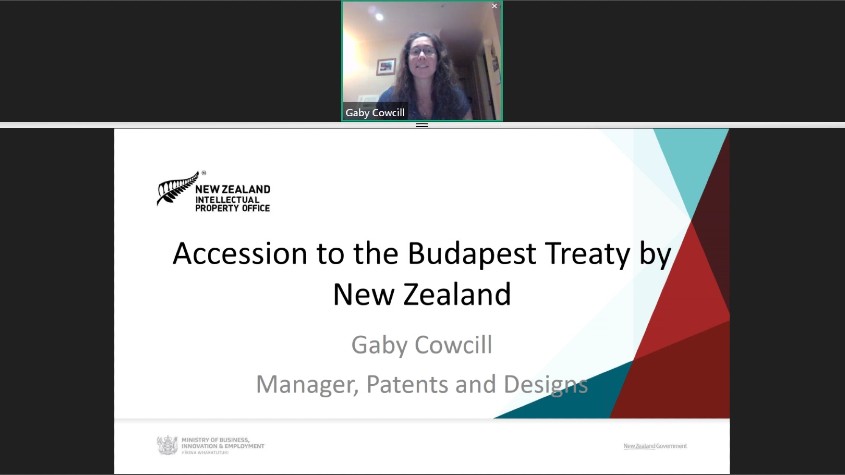Budapest is a Big Hit with Webinar Audience
June 10, 2021
A webinar on the international system that helps to facilitate patent protection for microorganisms and biotechnological inventions was the subject of a recent webinar organized by the WIPO Singapore Office and WIPO’s Patents and Treaties Law Section.

Known as the Budapest Treaty on the International Recognition of the Deposit of Microorganisms for the Purposes of Patent Procedure (or Budapest Treaty), the Treaty’s main feature is that a contracting State which allows or requires the deposit of microorganisms for the purposes of patent procedure must recognize, for such purposes, the deposit of a microorganism with any “international depositary authority”, irrespective of whether such authority is in or outside the territory of the said State.
This process saves applicants time and money because instead of depositing the microorganism in each and every State in which patent protection is sought, the applicant can deposit it only once, with one depositary authority. The Treaty also increases the security of the depositor because it establishes a uniform system of deposit, recognition and furnishing of samples of microorganisms.
The objective of the webinar was to promote the Budapest Treaty and to increase understanding of the substantive and practical issues related to the accession to, and implementation of, the Treaty. Accession to WIPO-administered treaties is one of the initiatives under Strategic Goal 1 of the ASEAN Intellectual Property Rights Action Plan 2016-2025.
In total, 50 participants from seven member states (Australia, Indonesia, Malaysia, Myanmar, Sri Lanka, Thailand and Viet Nam joined the Webinar, with the majority being patent examiners. As well as the WIPO speaker who presented an overview and the advantages of the Budapest Treaty, speakers from Viet Nam and New Zealand, shared the motivation, challenges faced by their country and benefits when joining the Budapest Treaty.